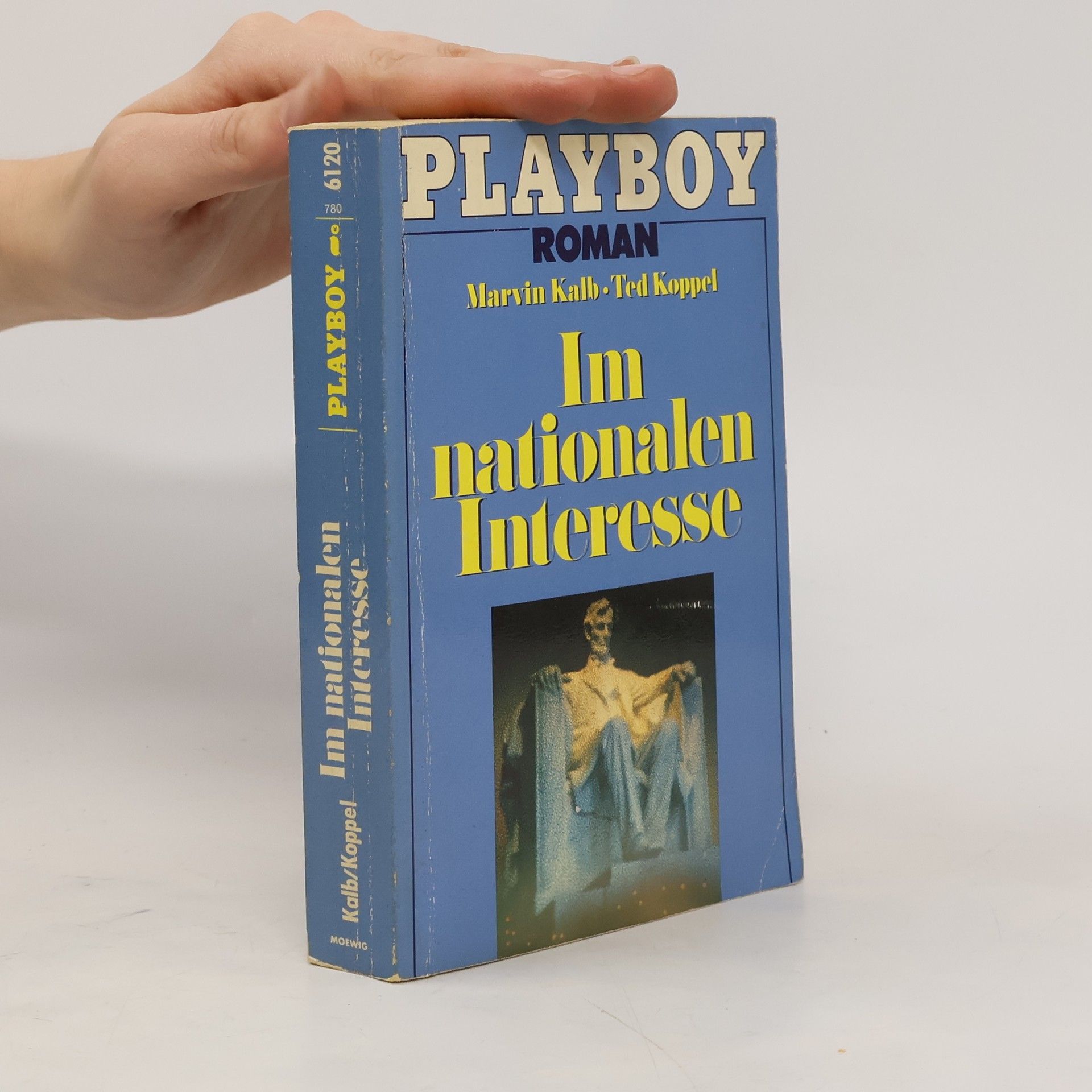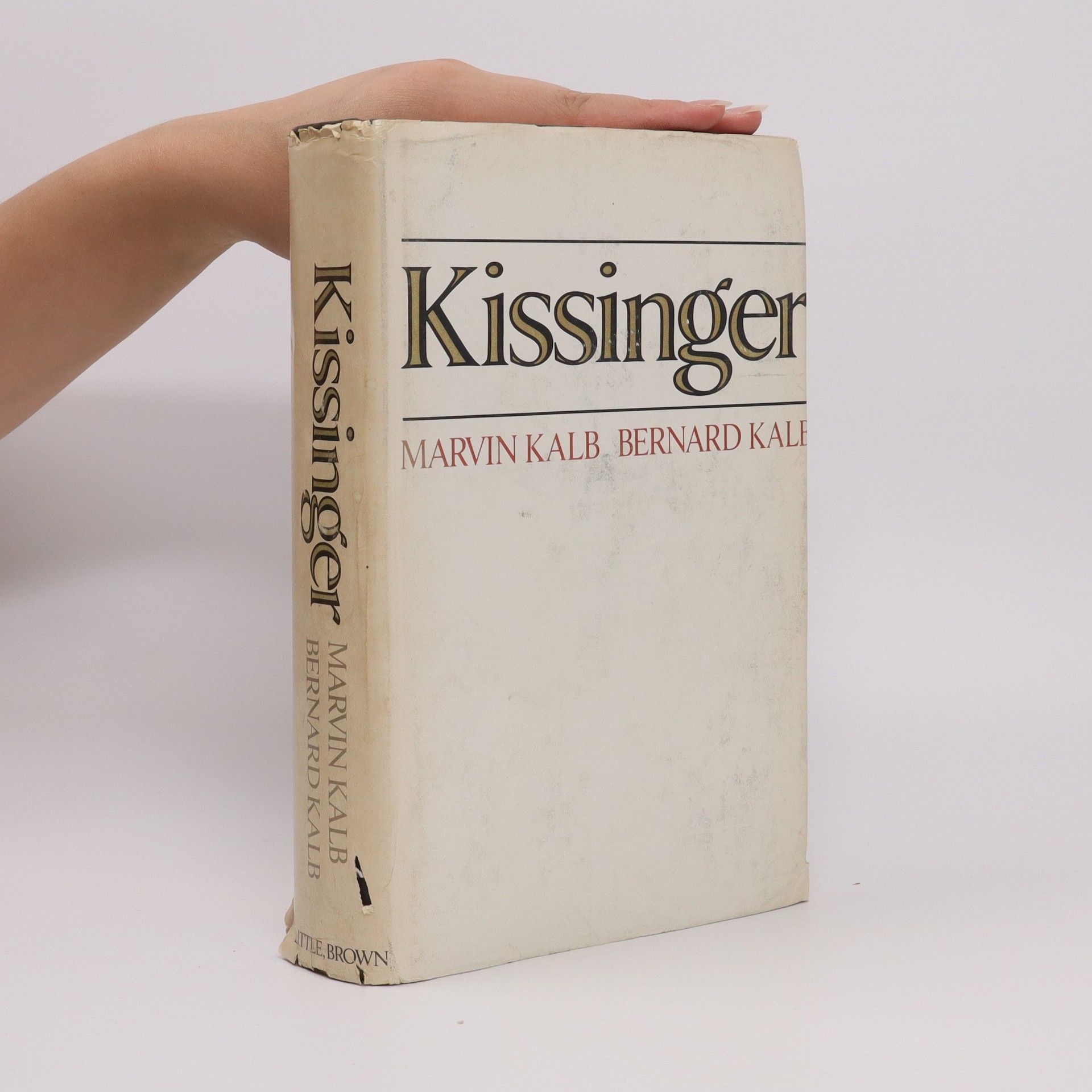Assignment Russia
- 352pages
- 13 heures de lecture
A personal journey through some of the darkest moments of the cold war and the early days of television news. Marvin Kalb, the award-winning journalist who has written extensively about the world he reported on during his long career, now turns his eye on the young man who became that journalist.



